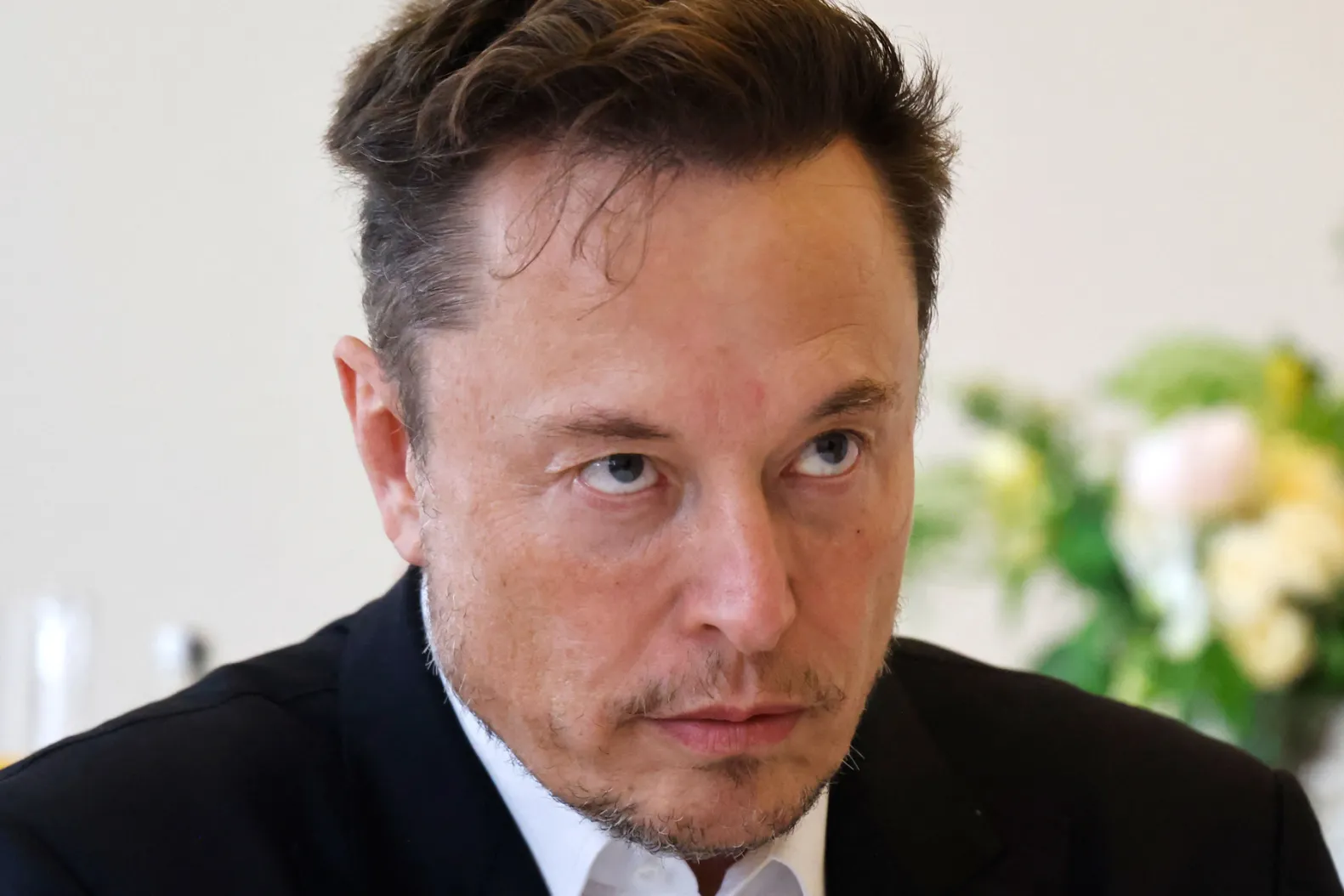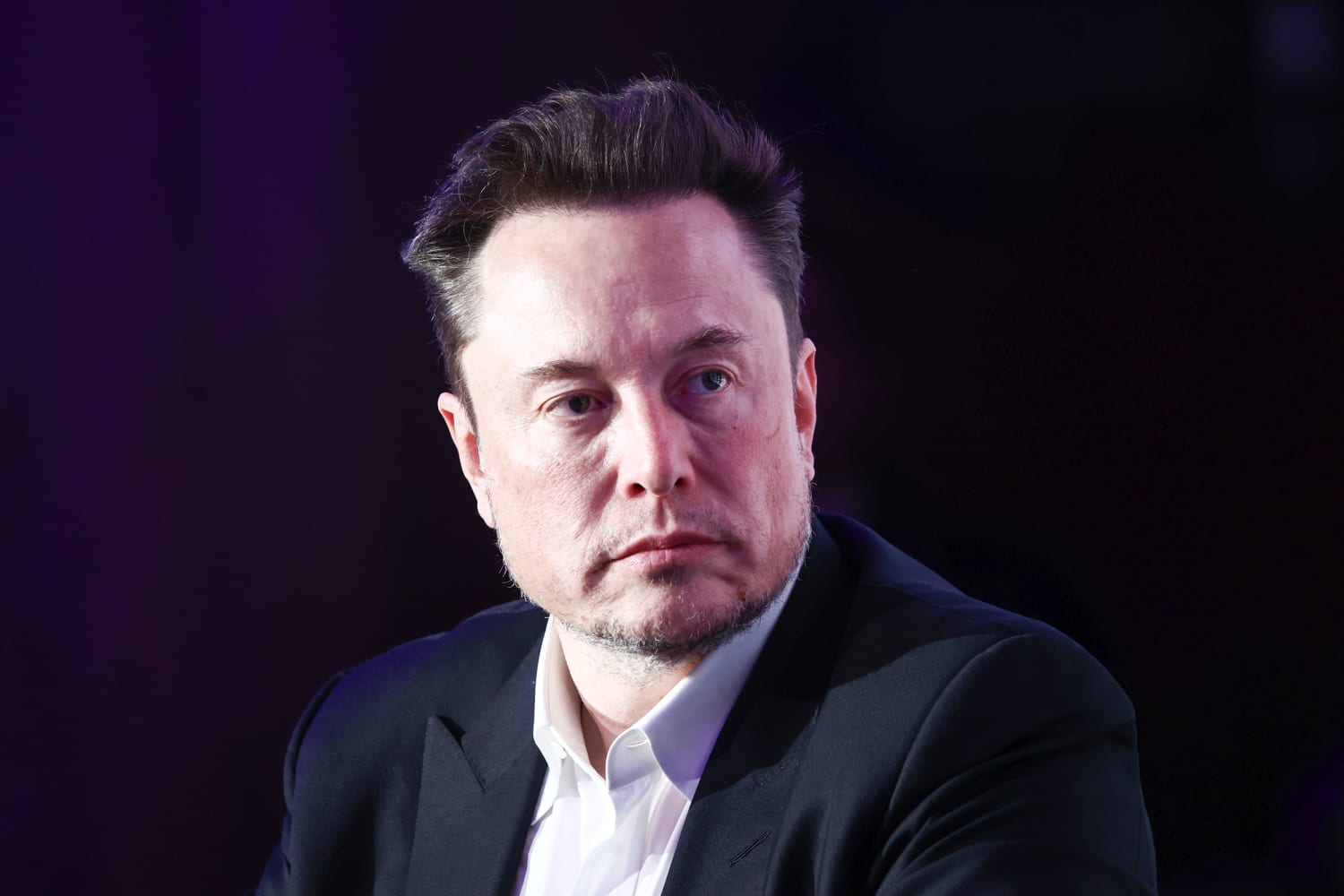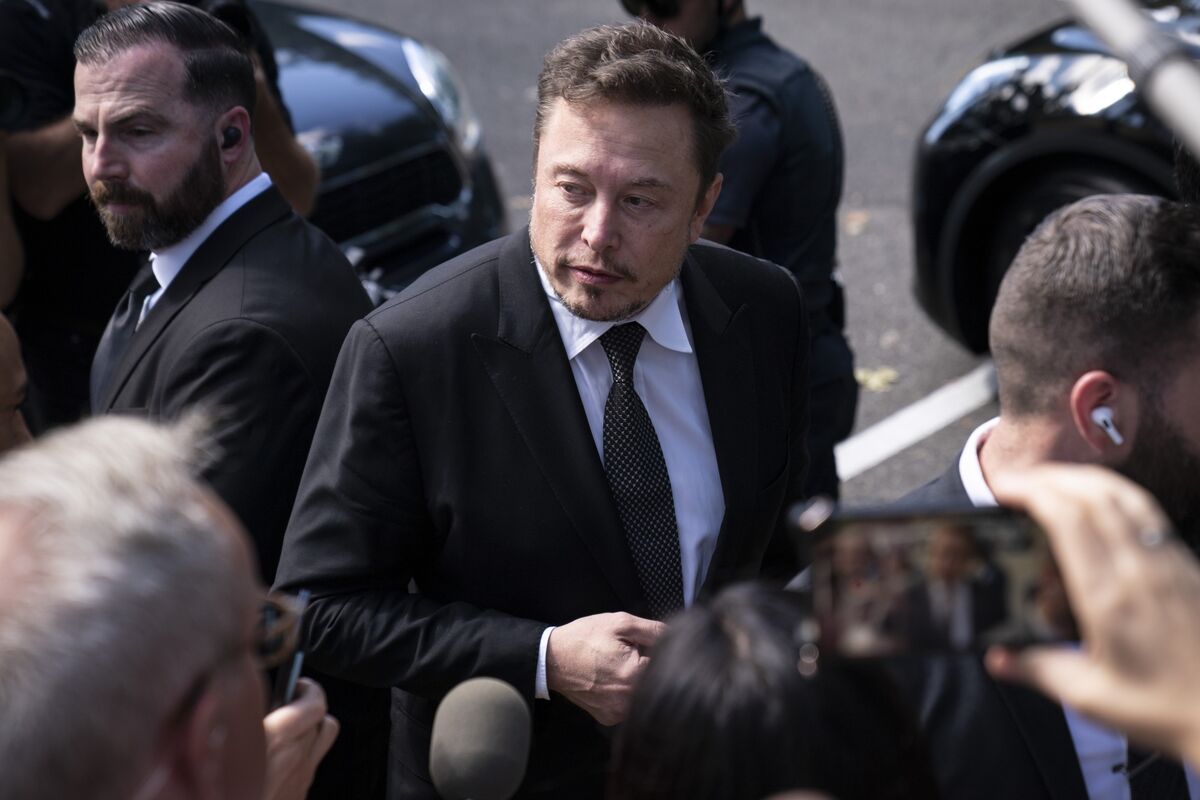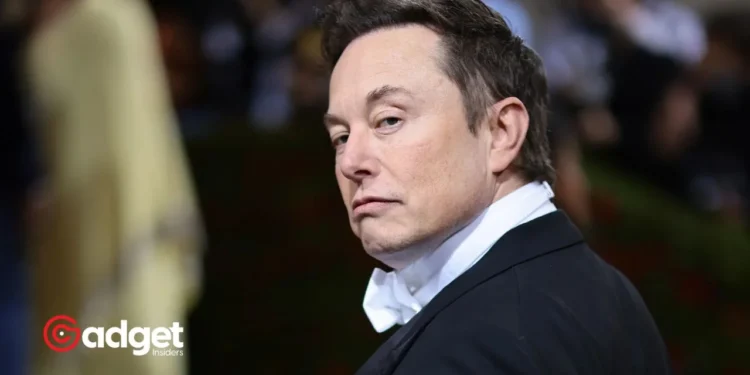In a world where social media serves as the forefront of digital expression and communication, the boundaries between free speech and content moderation continue to blur. A recent incident involving Elon Musk, the billionaire owner of X (formerly Twitter), has reignited discussions on the delicate balance that platforms must maintain.
Elon Musk found himself at the center of a controversy for sharing an unverified clip about Haiti that was subsequently removed by his own company, citing a violation of the platform’s rules.
Elon Musk: A Misstep Amidst Haiti’s Humanitarian Crisis
Haiti, a nation long beleaguered by political instability and natural disasters, is currently facing an escalating humanitarian crisis. Amidst this turmoil, a disturbing narrative involving cannibalistic gangs in Haiti began to circulate online.
To weigh in on the situation, Elon Musk shared a graphic clip that purported to show evidence of cannibalism in the country. This action prompted immediate backlash and raised questions about the responsibility of influential figures in spreading unverified claims.

The post that Elon Musk made was a reaction to a story that was published by NBC News and discussed the instability and violence that is occurring in Haiti. The article discussed how Musk and other conservative characters were spreading unsubstantiated rumors about cannibalism; these claims were not supported by any evidence.
The clip Elon Musk shared, which was later removed by X, was criticized for lacking credible verification and contributing to the spread of sensational rumors.
The Fallout and Fact-Checking
The removal of Elon Musk’s post by X highlights the complexities of content moderation, especially when it involves high-profile users. Experts have dismissed the claims of widespread cannibalism in Haiti as baseless, suggesting that such videos are likely intimidation tactics by gangs rather than evidence of actual behavior.
The U.S. State Department echoed this sentiment, emphasizing the importance of seeking fact-based verification from credible sources before sharing sensational claims on social media.

Elon Musk’s involvement in spreading unverified information about Haiti also tied into broader discussions about immigration and public safety. In a dialogue that ensued online, Elon Musk expressed his views on screening immigrants for “potential homicidal tendencies and cannibalism,” a statement that further stoked controversy and debate.
The Challenge of Content Moderation
This incident underscores the ongoing challenge faced by social media platforms in moderating content. Since Elon Musk acquired Twitter and its rebranding to X, the platform has seen significant changes, including the layoff of hundreds of content moderation staff.
This decision has had far-reaching implications for the platform’s ability to regulate speech and maintain a healthy online environment, as evidenced by reports of increased hateful speech and disinformation.
Elon Musk shared an unverified post about Haiti that his own company had to remove https://t.co/dpLANYVHsD
— Business Insider (@BusinessInsider) March 14, 2024
The debate around Elon Musk’s post about Haiti is not just about the veracity of a single claim but reflects broader concerns about the power of social media magnates in shaping public discourse.
As platforms like X continue to navigate the fine line between promoting free expression and preventing the spread of harmful misinformation, incidents like this serve as a reminder of the complex, ever-evolving landscape of digital communication.

In the aftermath, X’s response—or lack thereof—to inquiries about the incident highlights the challenges that journalists and researchers face in holding digital platforms accountable.
As the conversation around content moderation and free speech evolves, so too will the strategies employed by social media companies to address these critical issues. The incident with Elon Musk and Haiti is but a snapshot of the ongoing dialogue about the responsibilities of those who wield significant influence over digital spaces.










